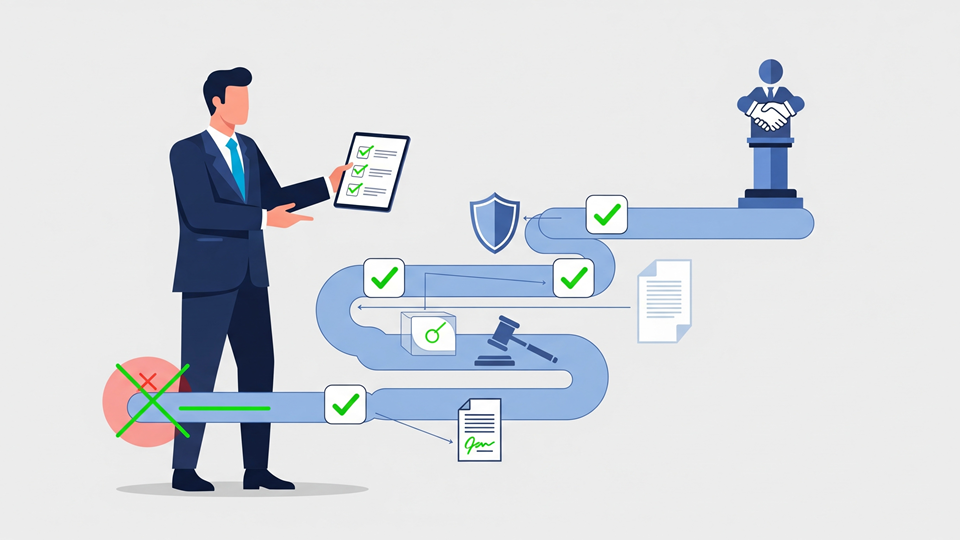Introduction
Recruitment compliance is critical for startups seeking to grow responsibly and avoid legal pitfalls. Even small businesses must adhere to labor laws, anti-discrimination regulations, and data privacy standards. Understanding and implementing compliance best practices ensures smooth hiring processes, protects the company from fines or lawsuits, and builds trust with candidates.
Why Compliance Matters
Non-compliance can result in significant financial penalties, reputational damage, and loss of top talent. Startups often operate under resource constraints, making legal missteps costly. A 2023 SHRM survey reported that 42% of small businesses faced legal issues due to improper hiring procedures.
Key Areas of Recruitment Compliance
1. Anti-Discrimination Laws
Adhere to federal, state, and local laws that prohibit discrimination based on race, gender, age, disability, religion, or sexual orientation. Ensure job postings, interview questions, and selection processes are neutral and fair.
2. Employment Eligibility Verification
Verify candidates’ eligibility to work in your jurisdiction. In the U.S., this means complying with Form I-9 requirements. International startups must familiarize themselves with local work permit and visa regulations.
3. Data Privacy and Candidate Information
Protect personal data collected during recruitment. Comply with GDPR, CCPA, or other local privacy regulations. Secure storage, limited access, and transparent data use policies are essential.
4. Record-Keeping
Maintain accurate and secure records of applications, interviews, and hiring decisions. Documenting processes helps demonstrate compliance during audits or investigations.
Practical Compliance Tips for Startups
1. Standardize Hiring Processes
Use structured interviews, consistent scoring rubrics, and documented decision-making to minimize bias and ensure legal compliance.
2. Train Your Team
Educate hiring managers and recruiters on labor laws, anti-discrimination policies, and data privacy requirements. Even brief training sessions reduce risk significantly.
3. Leverage Technology
Modern ATS platforms help enforce compliance automatically. Features like anonymized applications, audit trails, and secure candidate databases simplify adherence to regulations.
4. Seek Legal Guidance
Consult employment law professionals for complex scenarios, especially when hiring internationally. Regular legal audits keep your recruitment policies up-to-date.
Examples of Startup Compliance in Action
Startups like Buffer and Zapier prioritize clear, structured, and documented hiring processes. Buffer uses standardized interview questions and scoring sheets, while Zapier ensures GDPR compliance for all international candidates. These practices minimize risk and enhance employer credibility.
Conclusion
Recruitment compliance doesn’t have to be complicated. Startups that focus on anti-discrimination laws, employment eligibility, data privacy, record-keeping, and team training create a legally sound and trustworthy hiring process. By implementing practical strategies and leveraging technology, startups can attract top talent while safeguarding the business against costly legal issues.





